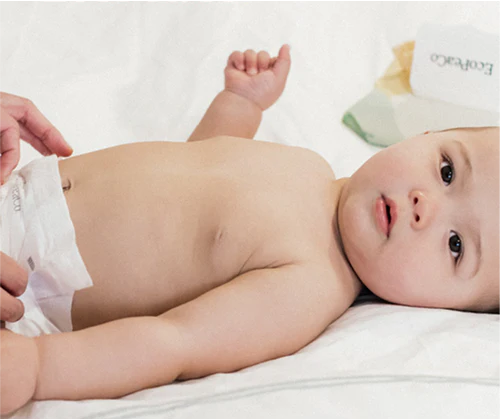Parenthood is a whirlwind of emotions, from the overwhelming joy of holding your newborn for the first time to the bittersweet moments of watching them take their first steps towards independence. Understanding and celebrating these milestones are crucial for tracking your child's progress and fostering overall development. From physical milestones like walking and talking to cognitive and social milestones, each stage of your child's life offers new opportunities for learning and exploration.
In this guide, we’ll explore the key developmental milestones your child will reach from birth to 5 years old, providing insights and guidance for you to support their growth and development.
The Journey of Growth: Developmental Milestones by Age
From birth to 5 years old, your child will experience rapid growth and development across multiple domains. Let's explore the key developmental milestones that shape each stage of their journey:
Infancy (0-12 Months):
- Physical development: From rolling over and sitting up to crawling and eventually taking their first steps, your infant will develop gross motor skills rapidly.
- Cognitive development: During the first year, your baby's brain is developing quickly, leading to increased awareness, responsiveness, and curiosity about their surroundings.
- Social and emotional development: Building bonds with caregivers, recognizing familiar faces, and expressing emotions through smiles, laughter, and babbling are crucial social and emotional milestones during infancy.
Toddlerhood (1-3 Years):
- Physical development: Toddlers become more mobile and independent, mastering skills such as walking, running, and climbing. Fine motor skills also develop, enabling them to feed themselves and manipulate objects.
- Language development: The toddler years are marked by significant advancements in language skills, including vocabulary expansion, simple sentences, and the ability to follow simple instructions.
- Social and emotional development: Toddlers begin to assert their independence and develop a sense of self. They may experience emotions more intensely and engage in parallel play with other children.
Preschool Years (3-5 Years):
- Physical development: Preschoolers continue to refine their motor skills, gaining better control over movements and coordination. Activities such as jumping, skipping, and balancing become more refined.
- Cognitive development: During the preschool years, children's cognitive abilities expand rapidly. They develop pre-math and pre-literacy skills, engage in imaginative play, and show an increased capacity for problem-solving and reasoning.
- Social and Emotional Development: Preschoolers begin to form friendships, cooperate with others, and understand social rules and norms. They also develop a stronger sense of empathy and begin to express their emotions more verbally.

Developmental Milestone Tracking
Every child is unique, with their own pace and trajectory of development. While development milestones and apps provide a general roadmap, it’s essential to remember there is considerable variation in when and how children meet these milestones. Some children may reach particular milestones earlier or later than others, which can be perfectly normal.
As caregivers, staying aware of your child’s individual strengths, challenges, and preferences is key to supporting their unique developmental journey. Some parents find it helpful to keep a journal of their child’s milestone progress over time. While milestones serve as valuable guidelines, they should be viewed as checkpoints rather than strict deadlines.
Early Detection and Intervention: Supporting Your Child's Journey
Early detection of developmental delays involves paying attention to your child’s progress and recognizing significant deviations from typical developmental patterns. You can take proactive steps to address potential concerns by monitoring your child's progress.
Utilizing resources such as developmental milestone charts and consulting with healthcare providers and educators can help you track your child's development and identify any areas that may require further attention. Remember that every child develops at their own pace, and variations in development are normal. However, early intervention can make a significant difference in supporting your child's growth and addressing any developmental challenges they may face.
Healthcare providers, educators, and early childhood programs offer support and guidance to parents, empowering them to play an active role in their child’s development. By utilizing these resources and working collaboratively with professionals, you can ensure that your child receives the best possible support and opportunities for growth and development.
Key Insights
Each milestone your child reaches is a testament to their incredible growth and potential. By staying informed about developmental milestones, monitoring your child's progress, and seeking support when needed, you can provide the nurturing environment your child needs to thrive. We can celebrate each step forward and empower every child to reach their full potential.



